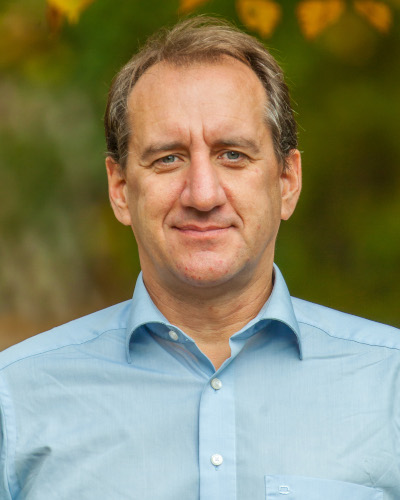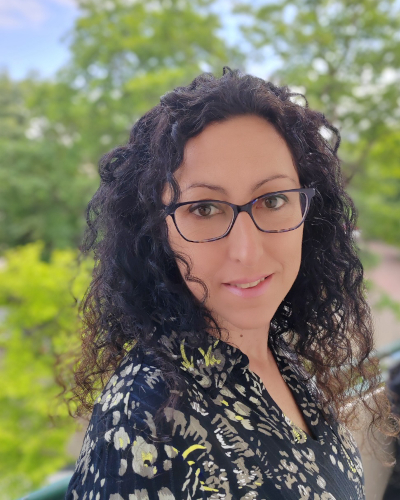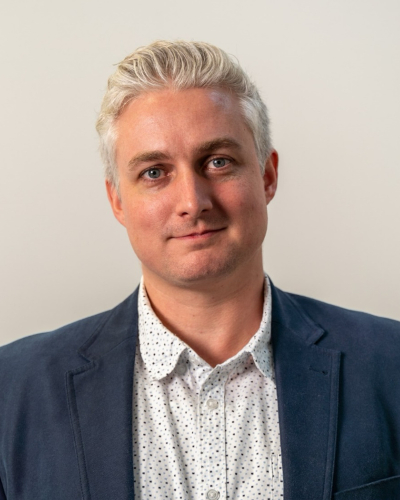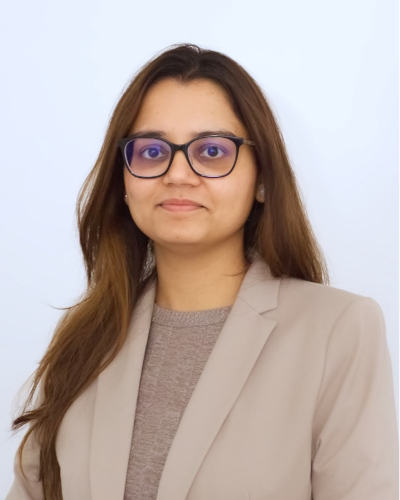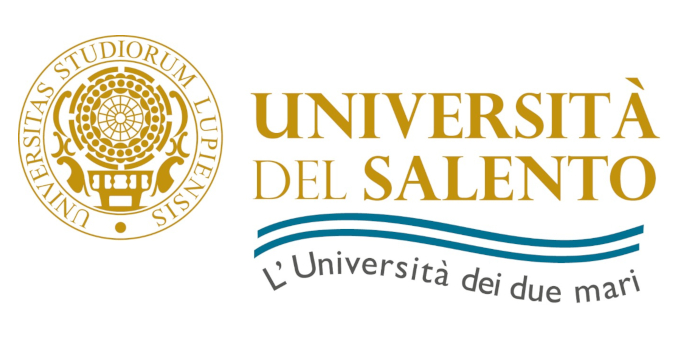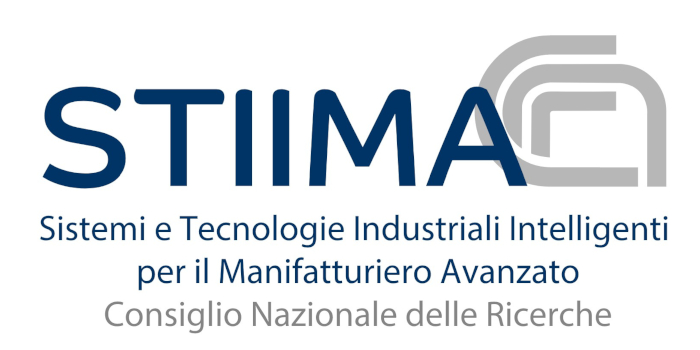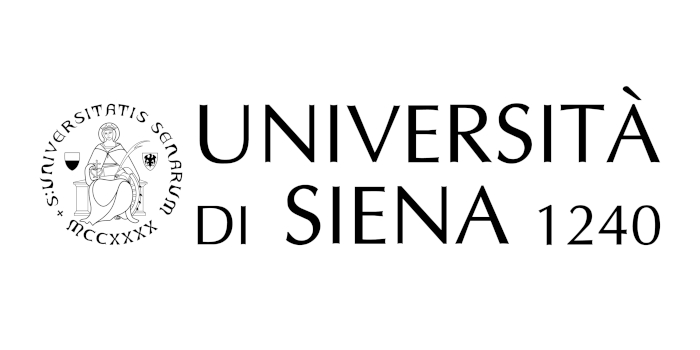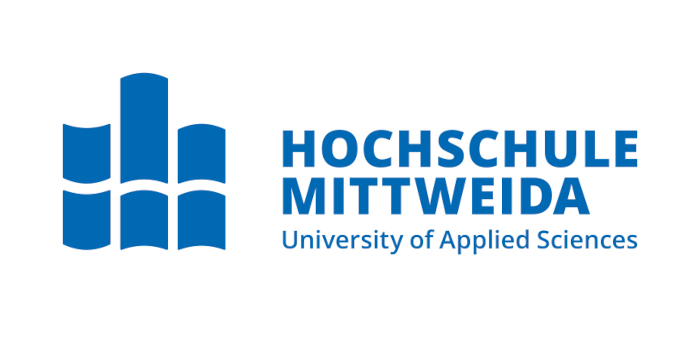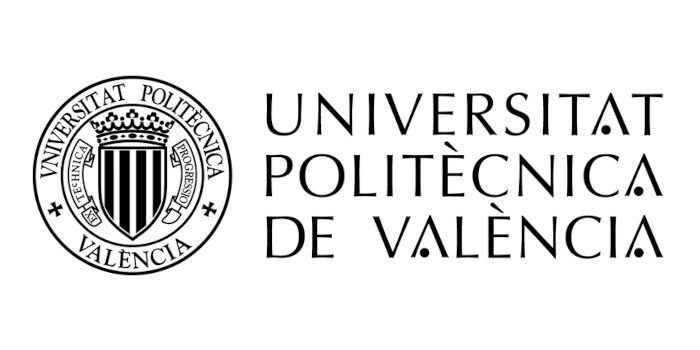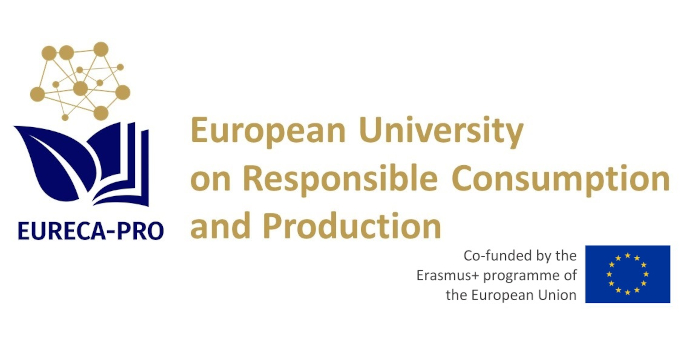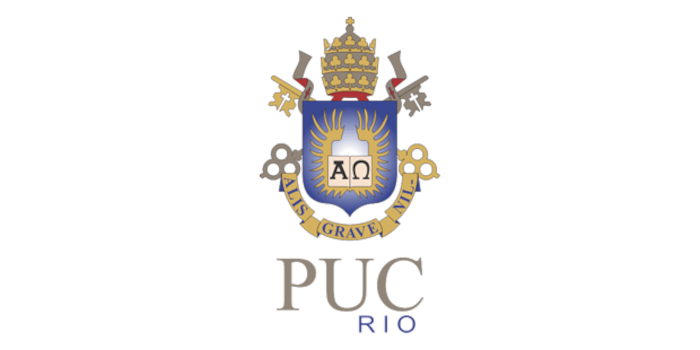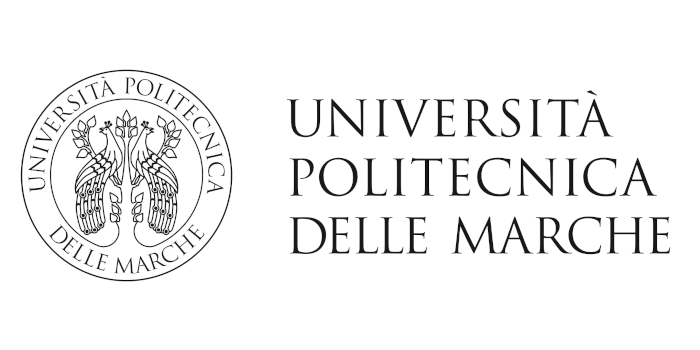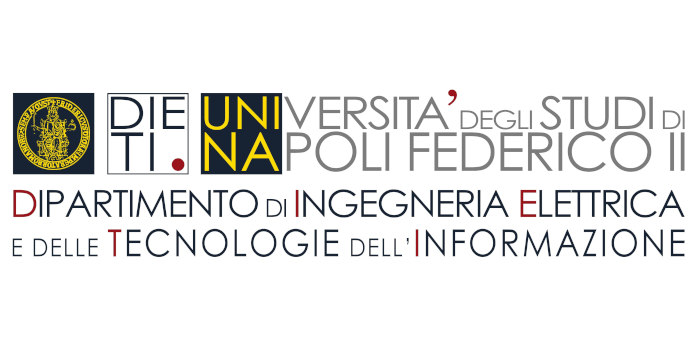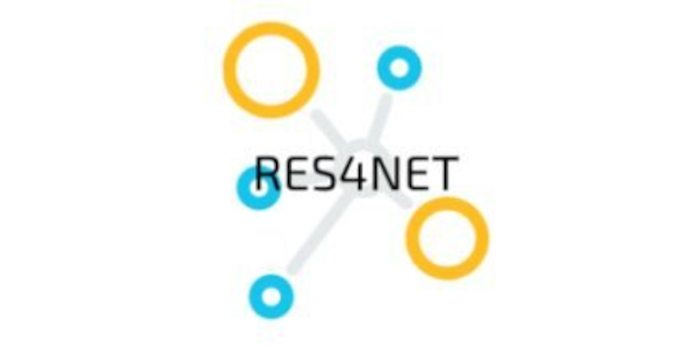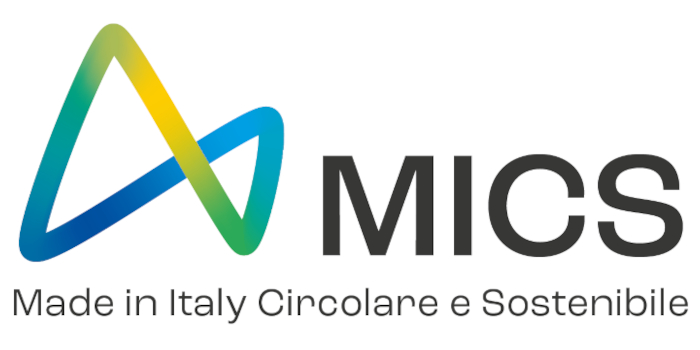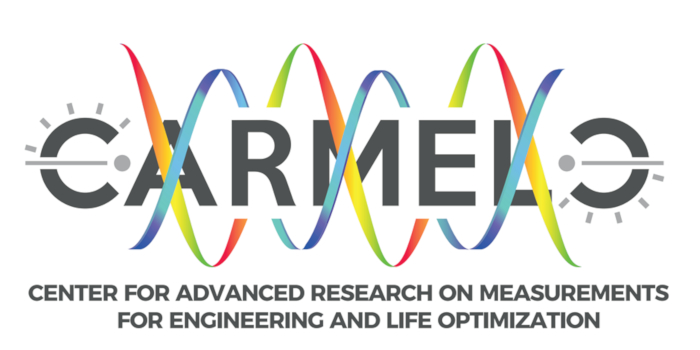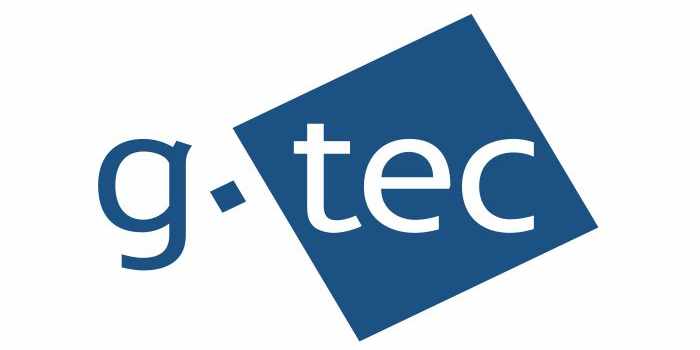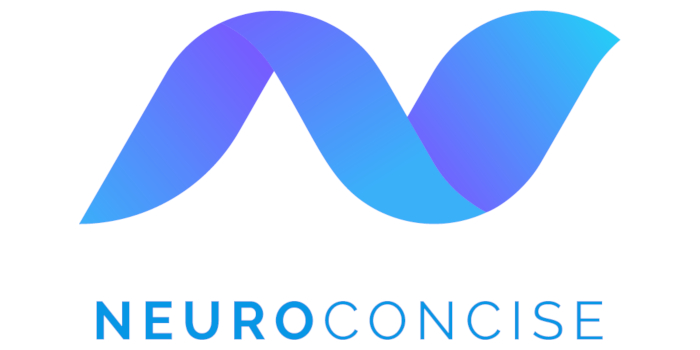SPECIAL SESSION #25
Assistive technologies for human-machine interactions in harsh environments (e.g. production, environmental protection, or disaster areas)
ORGANIZED BY
Michael Kuhl
Hochschule Mittweida, University of Applied Science, Germany
Flaviana Tagliaferri
Hochschule Mittweida, University of Applied Sciences, Germany
Maurice Rekrut
German Research Center for Artificial Intelligence, Germany
Mansi Sharma
German Research Center for Artificial Intelligence, Germany
ABSTRACT
For workers in hazardous environments, professional security forces, firefighters, paramedics and emergency response units, keeping people safe or getting them out of dangerous situations is always the top priority, whether at work, in a public building, while travelling or at a mass event, or in a private place.
This special session aims to explore how the protection of people can be ensured or, at least enhanced, integrating it into the development of protection systems based on the use of sensors and actuators in combination with extended reality (XR) and artificial intelligence (AI) techniques.
Therefore this special session will host contributions and insights on recent developments in the field of Human-Machine Interface for the safety assistance of people in different contexts of human activities such as the mobility of things or people (e.g. in the logistics sector), production (e.g. robot cells) as well as disaster areas (e.g. fires).
TOPICS
Topics of interest for this Special Session include (but are not limited to):
- Human-Machine Interaction;
- Artificial Intelligence for HMI;
- Artificial Intelligence for safety;
- Intelligent Sensor System for Safety;
- Smart feedback actuator;
- Decision Support Systems based on AI;
- Innovative sensor system for hazard evaluation;
- Virtual and augmented reality for hazard evaluation;
- Wearable sensors for safety.
ABOUT THE ORGANIZERS
Michael Kuhl, studied Electrical Engineering at TU Chemnitz and TU Delft, starting in 1991 and graduating in 1996 with research investigations at the Delft Institute of Microsystems and Nanoelectronics. From 1996, he worked as a development engineer in the electronics industry before moving to research at the Fraunhofer Gesellschaft in 2001. In 2003 he established the group of Process Informatics at the Fraunhofer Institute for Machine Tools and Forming Technology. His work was focused on quality and process monitoring in production technology. After achieving his doctorate in 2010 he became the Head of the Main Department of Production Technology at the Professorship for Machine Tools and Forming Technology at TU Chemnitz. In 2012 he became the Managing Chief Engineer for Research and Development at Fraunhofer IWU and since January 2015 he has been the Division Director for Strategy and International Affairs.
Since 2017, he has been a Full Professor at Mittweida University of Applied Sciences (HSMW). His Chair for Systems Electronics is engaged in the development of electronic systems for production engineering and ambient assisted living. Since 2019 he has been the Dean of Studies of the Bachelor's degree in Electrical Engineering Automation at the HSMW.
Flaviana Tagliaferri graduated in 2008 with the best score in Mechanical Engineering at ‘Tor Vergata’ University, Rome (Italy). Between 2006 and 2009 she worked for IACOBUCCI HF Electronics S.p.A. company, operating in the aerospace sector. After achieving her doctorate in 2012 at the University of Naples ‘Federico II’ (Italy) she won a Post-Doc grant (funded by DAAD - Deutscher Akademischer Austauschdienst) to work at the Institute for Machine Tools and Production Processes (IWP) of Chemnitz University of Technology, (TU Chemnitz, Germany). Her focus was on innovative cutting technology. From 2012 to 2017 she worked as a research fellow at the Department of Industrial Engineering University of Naples, Federico II. At the same time and until 2018 she was a research associate at IWP of TU Chemnitz. Since July 2017 she has been a lecturer at Niccolò Cusano University, Rome (Italy), teaching ‘Manufacturing materials and technologies for the food industry’. Since October 2018 she has been a researcher at the Mittweida University of Applied Sciences, under the chair for Systems Electronics, and a lecturer, teaching ‘Industry 4.0 - Responsible Consumption and Production’.
Dr. Maurice Rekrut is a senior researcher at the German Research Center for Artificial Intelligence (DFKI). He graduated in Biomedical Engineering at the University of Applied Sciences Saarland (HTW Saarland) with focus on Neural Engineering and received his MSc in 2013. Since then, he has been working as a full-time researcher at DFKI in the Cognitive Assistants research department. His research is concerned with non-invasive Brain-Computer Interfaces (BCIs) and their applicability in real-world use cases. Since 2020 he is the head of the Cognitive Assistants BCI-lab at DFKI Saarbrücken, where established BCI concepts are revised with respect to integration into practical applications and new methods are developed to extend and improve existing BCI paradigms. One focus is on the recognition of imagined and spoken speech with EEG-based BCIs which was also the topic of his PhD in Computer Science which he received in 2023 from Saarland University.
Mansi Sharma is a full-time researcher at the German Research Center for Artificial Intelligence (DFKI) and Ph.D. student at Saarland University. She received her MSc degree in Computer Science from Saarland University in 2020. Her primary research focuses on human intent recognition and multimodality interaction, especially with non-invasive Brain-Computer Interfaces (BCIs). She participated in several BCI competitions and was awarded first prize in Imagined Speech Classification hosted by the International Winter Conference on Brain-Computer Interfaces.


